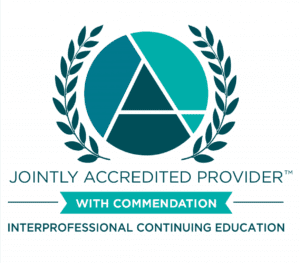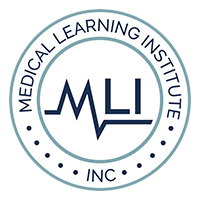2024 Physician Exchange: Myelodysplastic Syndrome


Live in-Person - May 31, 2024, Chicago, IL
1.0 AMA PRA Category 1 Credit™
Activity Description
This physician exchange activity at a national conference includes a panel of junior faculty physicians in hematology/oncology and transplant discussing allogeneic stem cell transplant in the management of adult patients with high-risk myelodysplastic syndrome (MDS). They’ll cover research, tools and clinical trials considered, best practices and shared challenges when considering transplant for this patient population.
This activity is intended for all providers that treat patients with myelodysplastic syndromes, with a spotlight on fellows and early career physicians in hematology/oncology and blood and marrow transplantation.
After completing this CE activity, the participant should be better able to:
Identify shared challenges in MDS treatment among hematology/oncology and transplant teams.
Examine current research, tools and clinical trials considered in the treatment of MDS with transplant.
- Describe best practices in MDS risk stratification, timing and eligibility for transplant.


Physician Continuing Medical Education
Medical Learning Institute, Inc. (MLI) designates this live activity for a maximum of 1.0 AMA PRA Category 1 Credit™.
Physicians should claim only the credit commensurate with the extent of their participation in the activity.
Commercial Support Statement
There is no commercial support associated with this activity.


